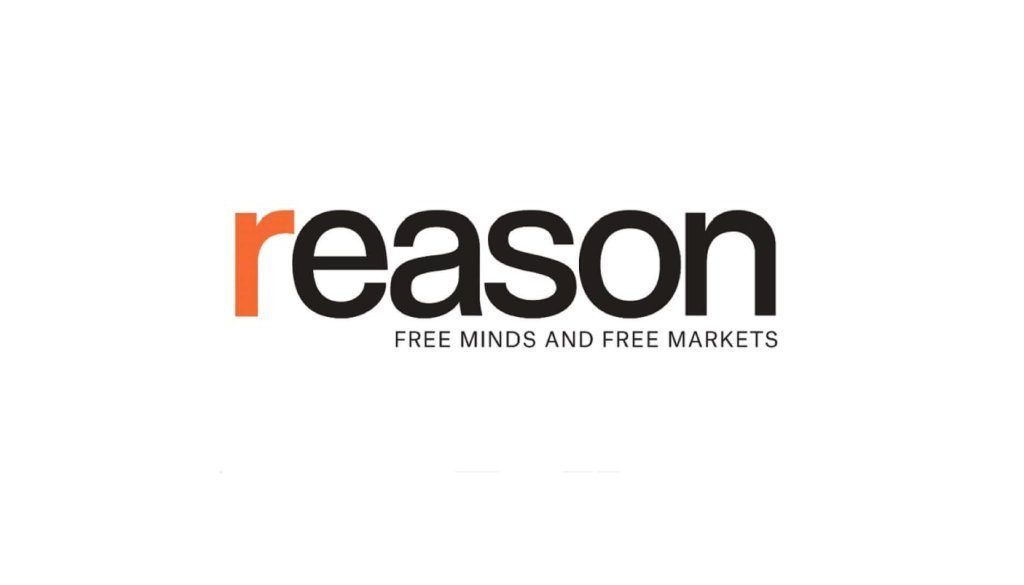Reciprocity Is a Misguided Response to U.S. Economic Strength
A recent push for “reciprocity” in international taxation has gained traction, based on the claim that American companies pay disproportionately high taxes abroad while foreign firms pay far less in the United States. “US firms paid $370 billion abroad in value-added and income taxes,” White House economist Kevin Hassett recently noted, “whereas multinational firms operating in the US paid just $57 billion.” Some economists have used this point to argue that the U.S. should reciprocate by imposing a higher tax burden to level the playing field.
At first glance, the tax disparity might seem unfair, but in reality, it is a testament to America’s economic strength, global competitiveness, and superior regulatory environment. The fact that U.S. firms generate substantial tax revenue abroad is not a sign of weakness—it is proof that America leads the world in business innovation, free enterprise, and economic opportunity.
The magnitude of taxes paid by U.S. companies abroad is a reflection of their global dominance. American firms, particularly in technology, finance, and manufacturing, are at the forefront of global markets. Their ability to generate revenue worldwide results in higher tax obligations in foreign jurisdictions. Meanwhile, foreign companies operating in the U.S. often have a smaller f
Article from Reason.com

The Reason Magazine website is a go-to destination for libertarians seeking cogent analysis, investigative reporting, and thought-provoking commentary. Championing the principles of individual freedom, limited government, and free markets, the site offers a diverse range of articles, videos, and podcasts that challenge conventional wisdom and advocate for libertarian solutions. Whether you’re interested in politics, culture, or technology, Reason provides a unique lens that prioritizes liberty and rational discourse. It’s an essential resource for those who value critical thinking and nuanced debate in the pursuit of a freer society.




